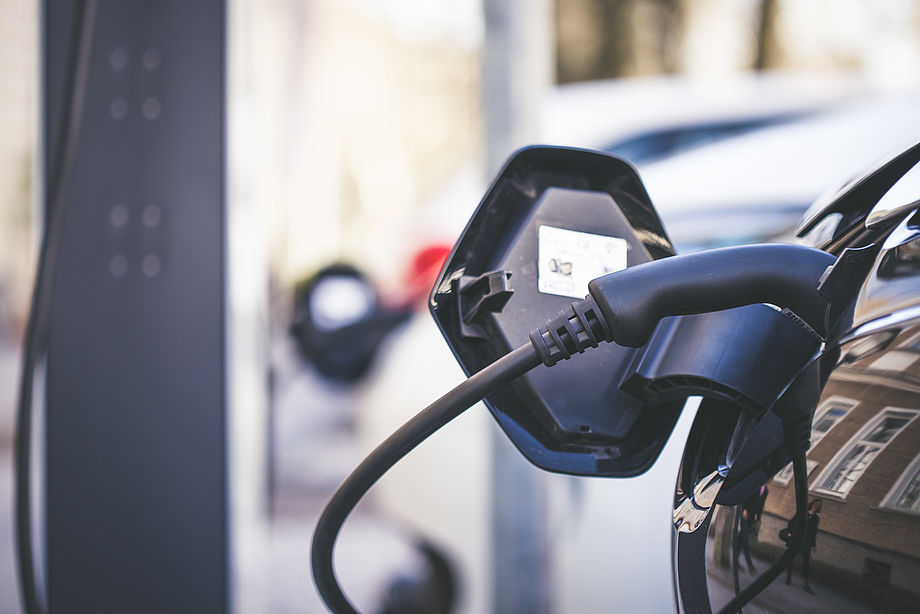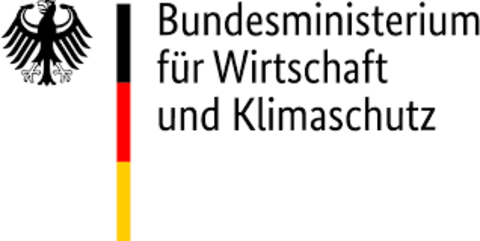unIT-e²: Intelligent networking of electromobility

In four field trials across Germany, project partners from science and industry are testing the market- and grid-friendly integration of electric mobility. From the University of Passau, the Chair of Marketing and Innovation and the CENTOURIS Institute are researching how users can better cope with the complex infrastructure.
29 project partners from the automotive and energy industries, IT and charging infrastructure, as well as science, are setting up field trials for networked e-mobility in four real-world laboratories throughout Germany. The three-year research project is being led by the Research Centre for Energy Economics (FfE) in Munich. The focus is on the market- and grid-friendly integration of electric mobility with the help of interoperable, intelligent charging concepts and their demonstration in large-scale field tests. Leading companies in the automotive industry such as BMW, Mercedes, Ford and Volkswagen, as well as major grid operators such as Bayernwerk, EWE and Tennet, are participating in the project. They are joined by other partners from industry, such as Consolinno, Kostal and PPC, and from research. The BMWK is providing over 30 million euros in funding for the project, which started on 1 August 2021.
At the heart of the project are four Germany-wide field trials, known as clusters, in which use cases are developed by partners and demonstrated in practice. Each cluster involves an automotive manufacturer as well as partners from the energy industry and IT. As part of a sub-project, the partners from the energy industry are developing solutions for integrating electric vehicles into the energy system. Universities and institutes are providing scientific support for the project.
Contribution of the University of Passau to the research project
At the University of Passau, the Chair of Marketing and Innovation and the CENTOURIS Institute are involved in the research project. The Passau researchers are investigating the customer journey of (potential) customers along the various points of contact with the system in order to support a successful and holistically optimised integration of electric vehicles into the energy system and to develop and evaluate communication concepts for the marketing of electric vehicles. The project team is involved in both the research sub-project and the Harmon-E and sun-E clusters, where it is conducting user research on the customer journey. In the research sub-project, a literature analysis will be conducted to review the state of the art on the customer journey. On this basis, the team's own cluster work will be prepared and a handout will be created as a guide for all clusters. This offers all partners the opportunity to delve deeper into the topic of the customer journey.
‘In the Harmon-E cluster, relevant touchpoints along the customer journey will be identified and design and communication concepts created using a variety of methods during the project period – in parallel with the hardware and software developments,’ reports Professor Jan H. Schumann, holder of the Chair of Marketing and Innovation and head of the Passau sub-project team. ‘The insights gained will then be incorporated into the further course of the project in order to optimise the customer journey and evaluate it during the field phase. Our goal is to make it easier for users to familiarise themselves with the complex system of electric cars, charging technology and energy management within their own four walls. This should enable them to decide more quickly and with better information which solution best suits their needs and situation.’
In the sun-E cluster, the Passau project team is working on the design of attractive supply and incentive systems as well as the regulatory framework for intelligent charging concepts. ‘With the help of intelligent charging concepts, electric vehicles will not only be charged in the future, but also discharged – and thus used for energy supply tasks. However, this requires the cooperation of users, in that they release the charging capacities of their electric vehicles,’ says Dr Stefan Mang, Managing Director of CENTOURIS. ’In order to achieve a high level of user acceptance and to find appropriate incentive models, user surveys and experimental field studies are being conducted in the project. From this, we will derive recommendations for action for the user-friendly design of business models, taking into account inter-individual customer differences.’
In addition, an online test tool for grid integration is to be developed that advises customers on the system components before they buy. This tool will check whether all the necessary requirements are met by the customer and ensure that all system components are optimally coordinated. For their work on unIT-e², both project teams at the University of Passau can build on extensive experience in user research in the field of electric mobility, which they have gained, among other things, in the area of customer journey analysis and in the context of previously completed funded projects. Likewise, the solutions already developed in the collaborative research project ‘Bidirectional Charging Management (BDL)’ launched in 2019 will be expanded by the research work of the Passau project team. The funding volume for the University of Passau in unIT-e² amounts to a total of around one million euros.
Press release on the project results
Detailed press release on the project launch
This text was machine-translated from German.
| Principal Investigator(s) at the University | Prof. Dr. Jan Hendrik Schumann (Lehrstuhl für Betriebswirtschaftslehre mit Schwerpunkt Marketing und Innovation) |
|---|---|
| Project period | 01.08.2021 - 31.07.2024 |
| Website | https://unit-e2.de/en/ |
| Source of funding |  BMWK - Bundesministerium für Wirtschaft und Klimaschutz |


